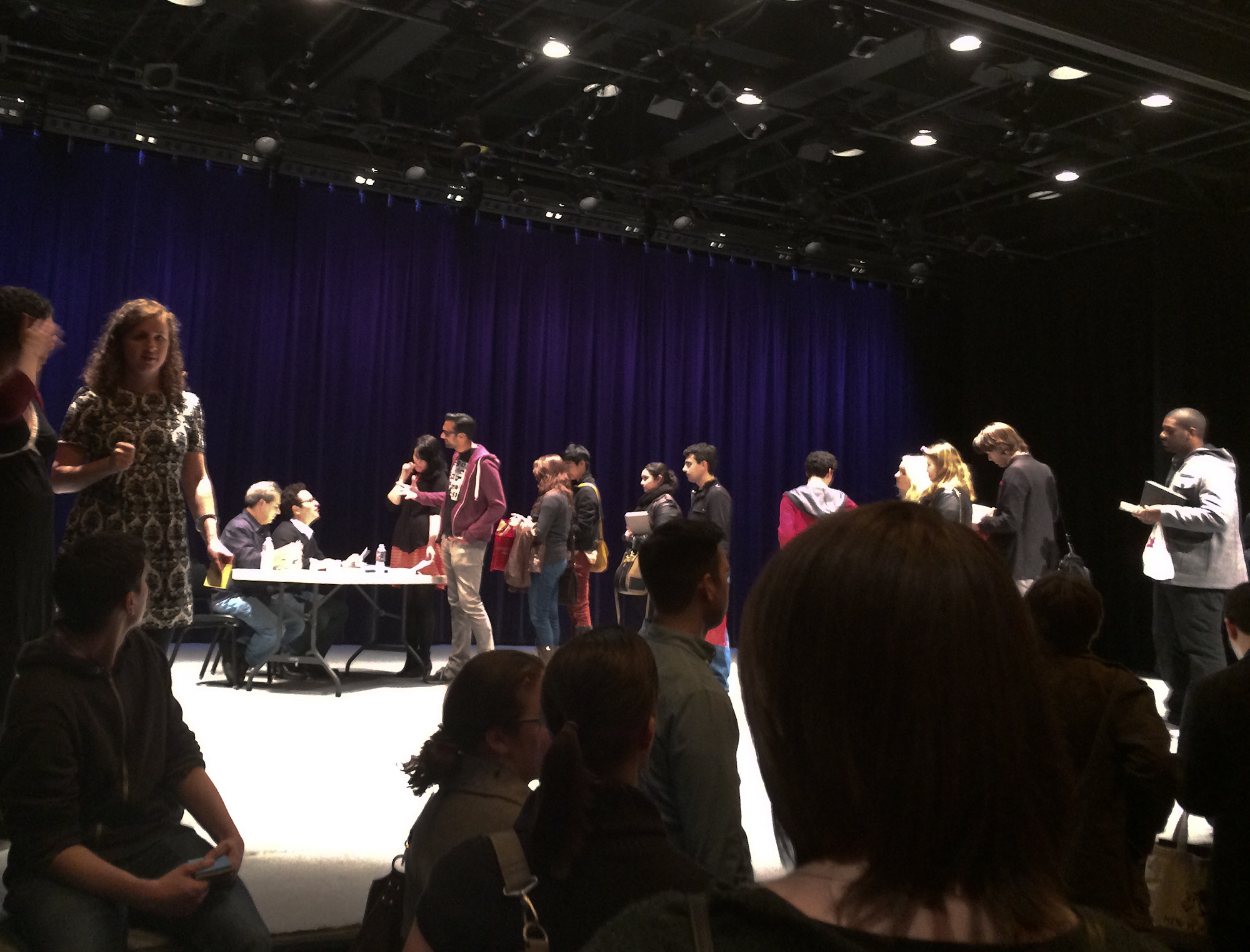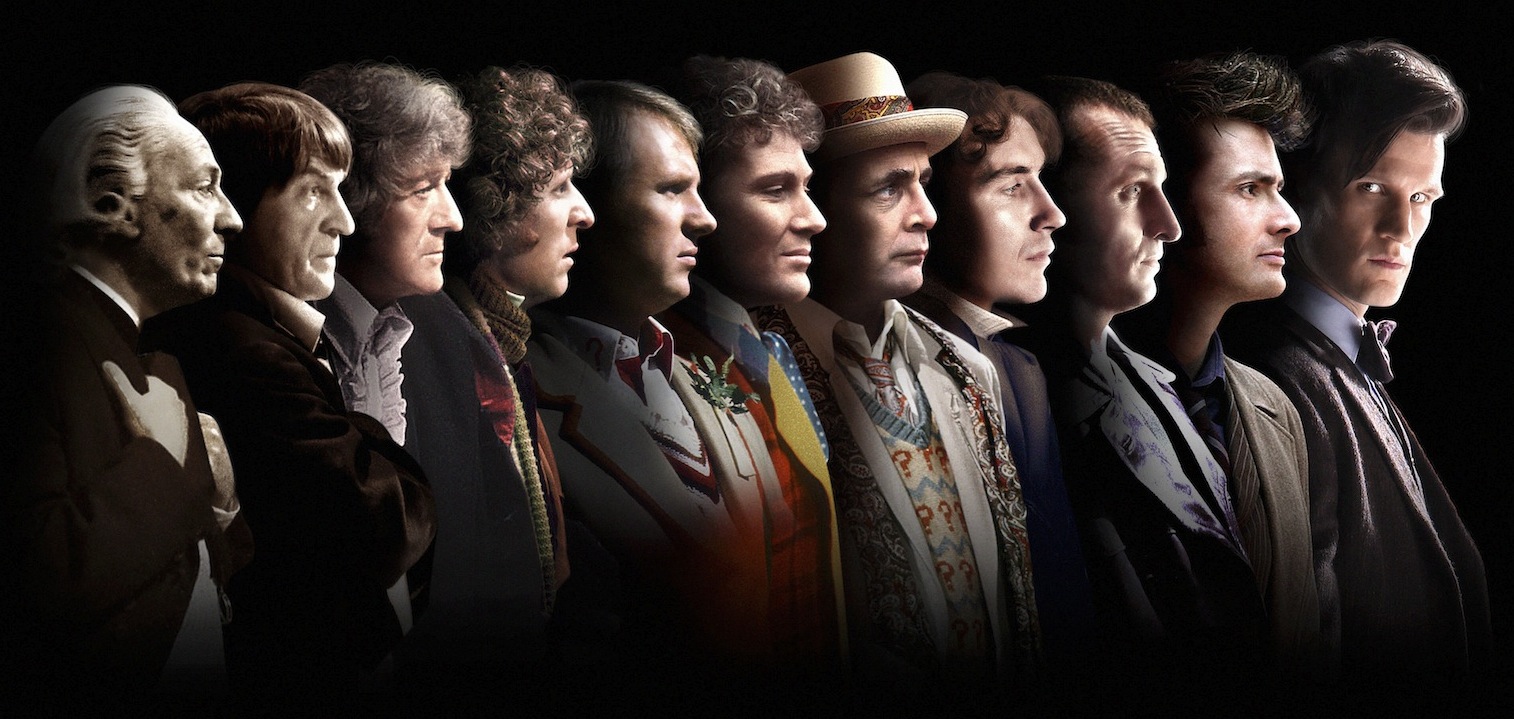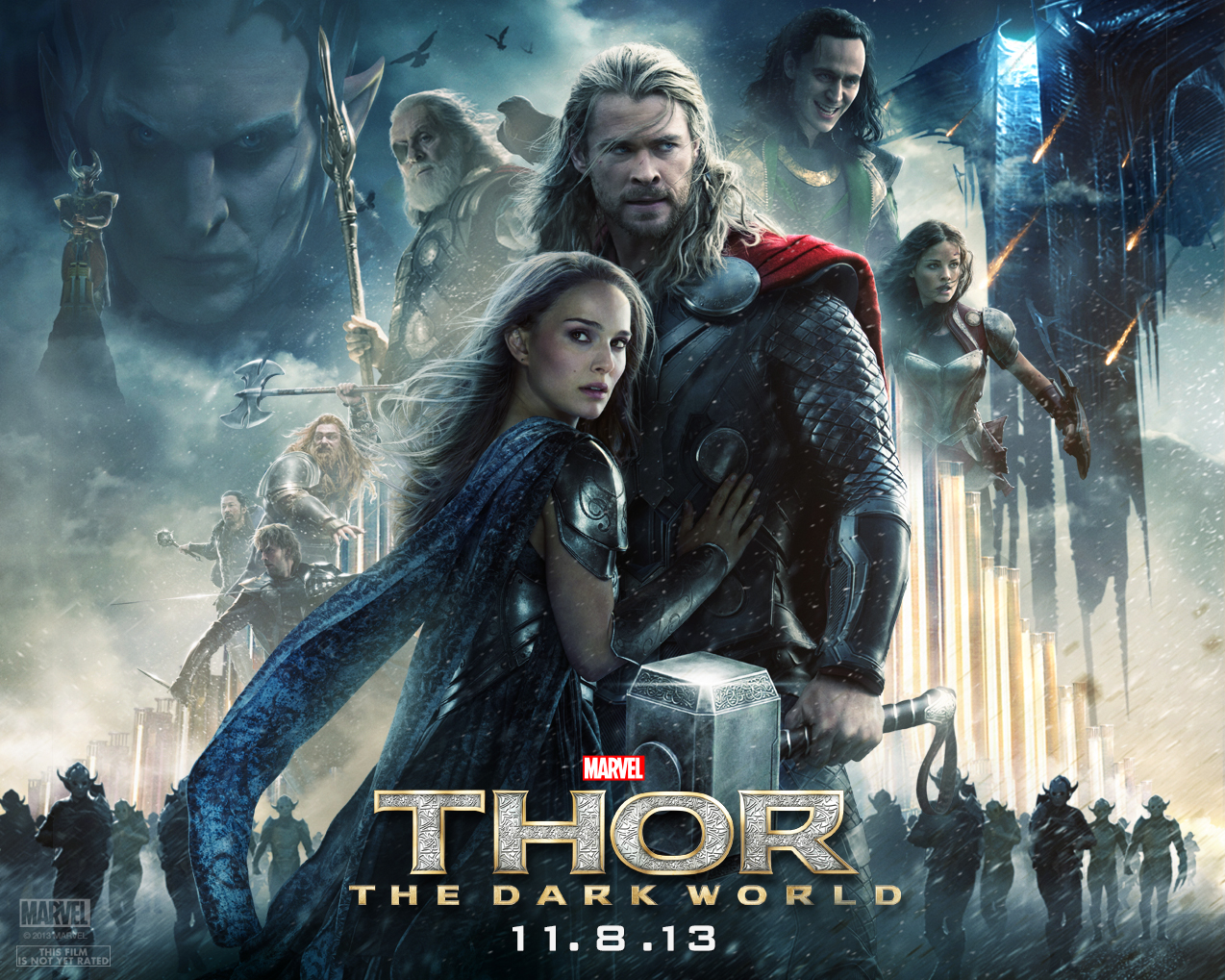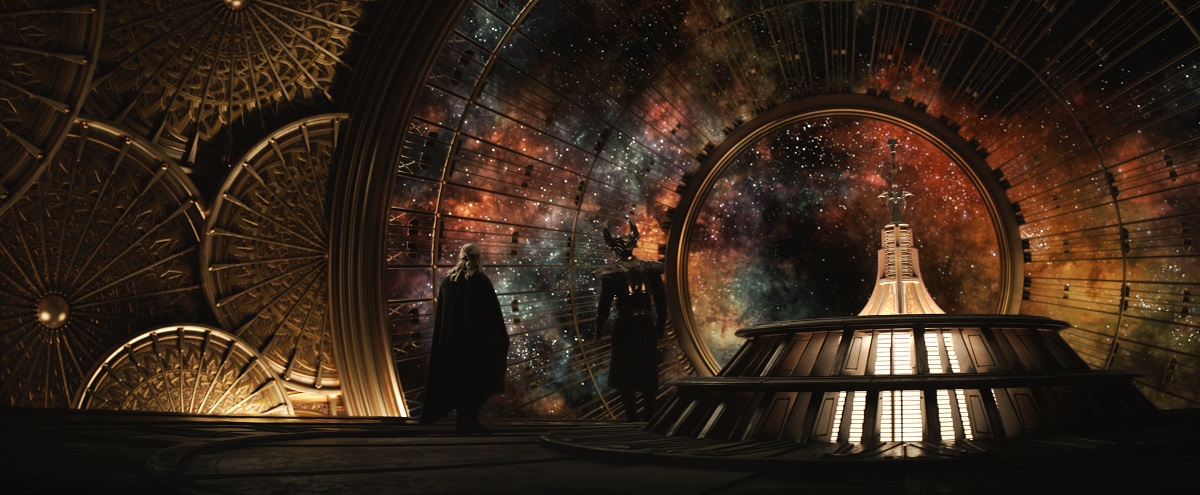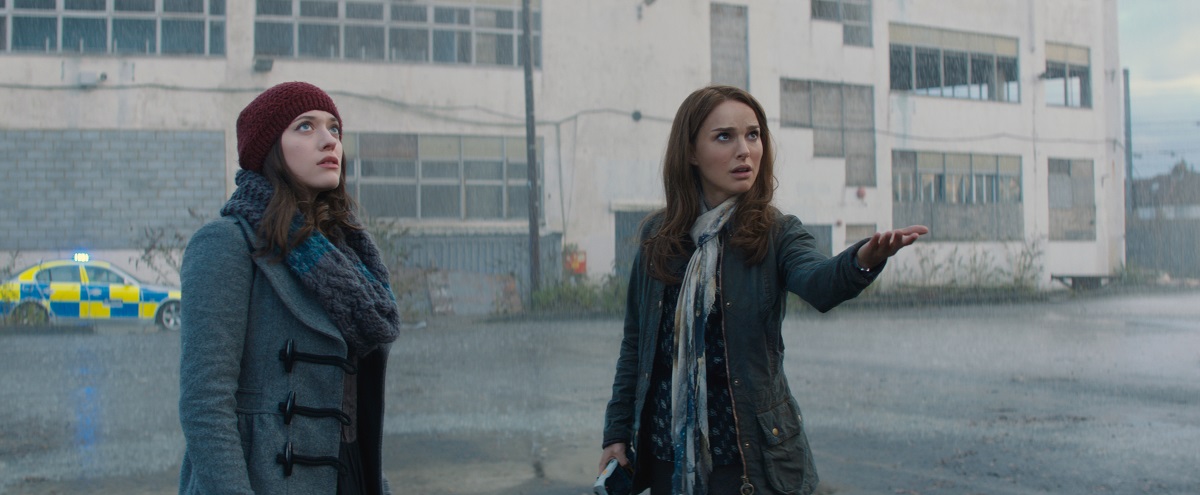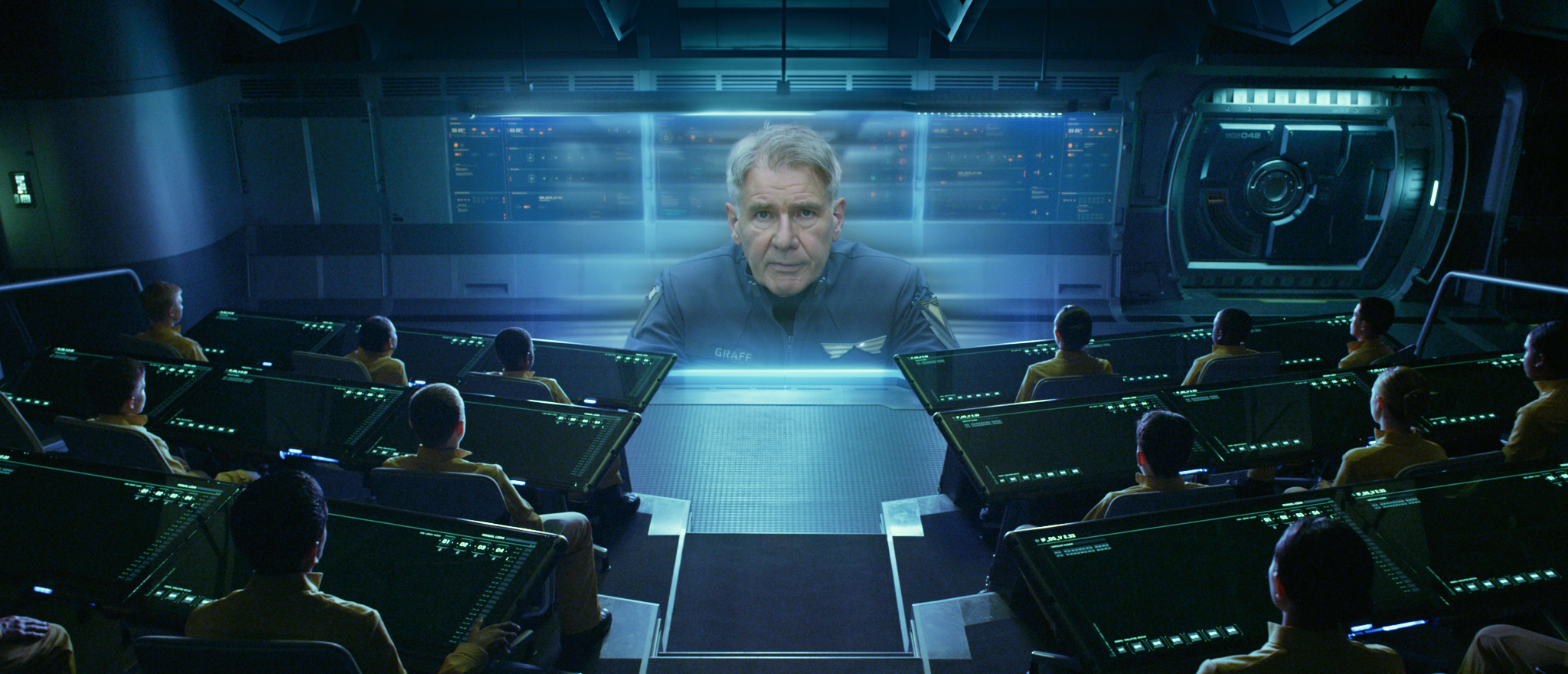I reached out to the Whovians in my life and asked them why they cared so much about the show, people like The Memoirist and The Superherologist. They told me about the Doctor's constant spirit of adventure, how he always did the right thing no matter the cost, and his imaginative intellect. That gave me a familiar context for the character – basically a mashup of Indiana Jones, Captain Kirk, and Sherlock Holmes, which sounded awesome! After my buddy, Bill, told me about BBC's tiny budget, I felt like a jerk for judging the show based on its special effects alone. What really hit me was how another friend, Anne, described her interpretation of regeneration – "like the Doctor, we can all shed dysfunctional parts of ourselves, keep our strengths, and build towards a better future." That's the same idea behind Star Trek! The more I listened to people who loved the Doctor, the more familiar he became.
After publicly shaming me, Josué was kind enough to guide me through the best episodes of the show, like "Blink", "Father's Day", and "The 11th Hour". He gave me context and answered my questions. I initially committed to watching only 5 episodes, but now I've seen 17. Sure the order I saw episodes was a bit wibbly wobbly, and I’m still confused about the mythology, but I get the appeal now. As Craig Ferguson said, Doctor Who is about “the victory of intellect and romance over brute force and cynicism.” What’s not to love about that?!?
For a kid who grew up being judged for looking different and having geeky interests, it was stupid for me to reject Doctor Who just because it was unfamiliar. But that’s how our psychology works – we like things we’re used to. The Doctor taught me that the only way to boldly go is by immersing ourselves in the unfamiliar and listening to people who see things differently than we do.

